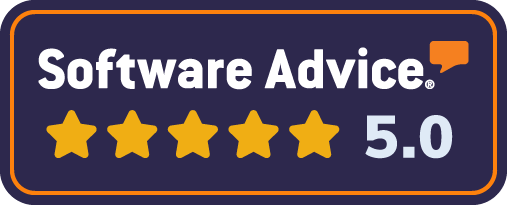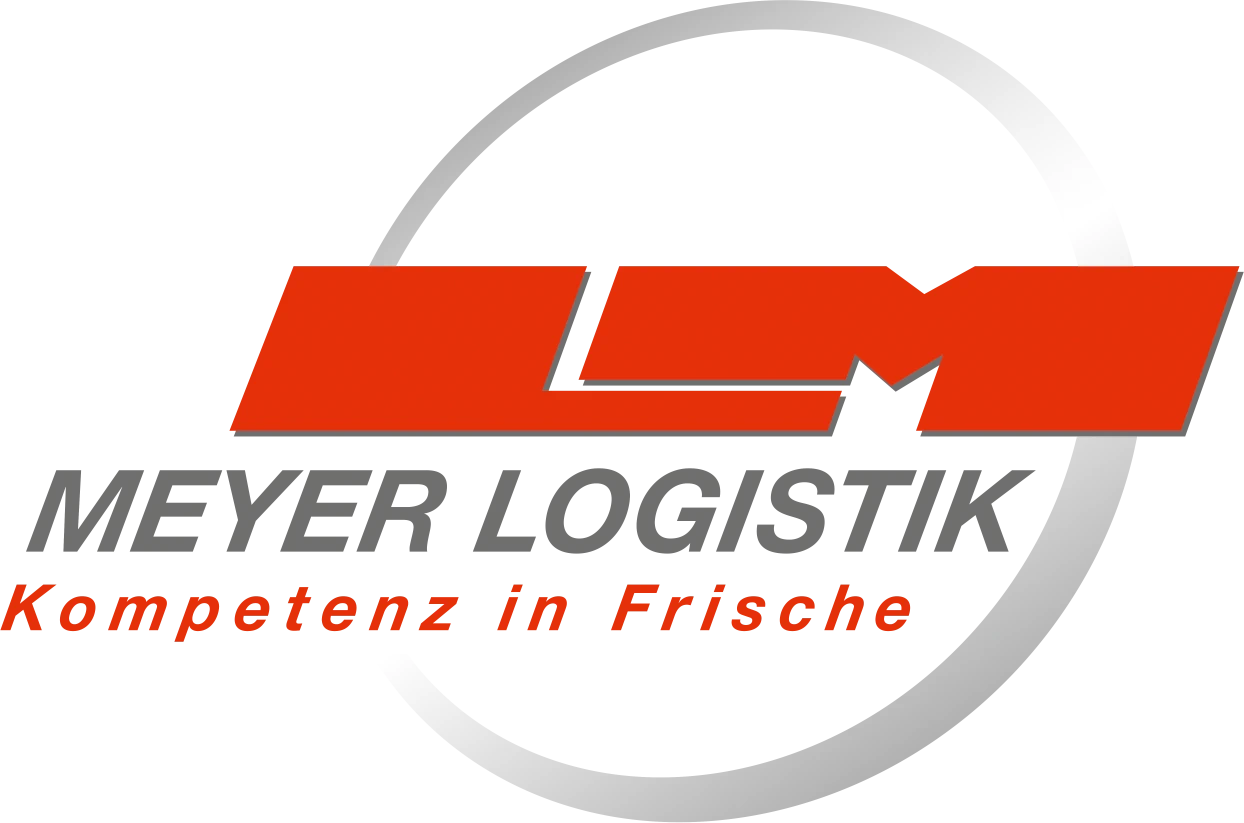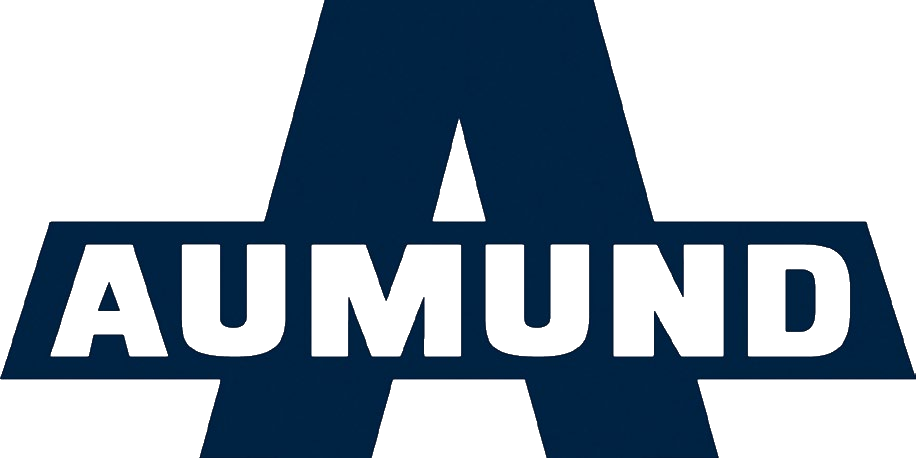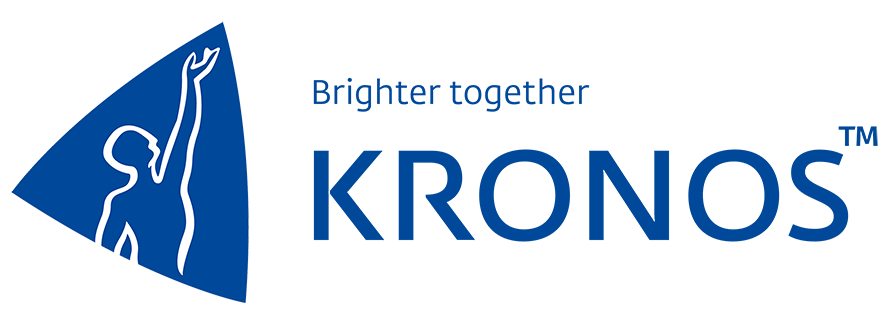Personal Finance Management and Tracking Process Checklist
Establishes a structured approach to manage personal finances by tracking income, expenses, savings, and debts, ensuring accurate budgeting and informed financial decisions.
Personal Finance Overview
FAQ
How can I integrate this Checklist into my business?
You have 2 options:
1. Download the Checklist as PDF for Free and share it with your team for completion.
2. Use the Checklist directly within the Mobile2b Platform to optimize your business processes.
How many ready-to-use Checklist do you offer?
We have a collection of over 5,000 ready-to-use fully customizable Checklists, available with a single click.
What is the cost of using this Checklist on your platform?
Pricing is based on how often you use the Checklist each month.
For detailed information, please visit our pricing page.
What is Personal Finance Management and Tracking Process Template?
A step-by-step guide to managing and tracking personal finances:
- Income tracking: Record all sources of income.
- Expense categorization: Divide expenses into needs (housing, food, utilities) and wants (entertainment, hobbies).
- Budgeting: Set realistic financial goals and allocate funds accordingly.
- Savings planning: Create a strategy for short-term and long-term savings goals.
- Debt management: Prioritize and tackle high-interest debt first.
- Investment tracking: Record investments, dividends, and interest earned.
- Regular review: Schedule regular reviews to assess progress and make adjustments.
This template helps individuals maintain control over their financial situation by:
- Identifying areas for improvement
- Making informed decisions about spending and saving
- Achieving financial stability and security
How can implementing a Personal Finance Management and Tracking Process Template benefit my organization?
Implementing a Personal Finance Management and Tracking Process Template can benefit your organization in several ways:
- Improved financial visibility and control
- Enhanced budgeting and forecasting accuracy
- Increased efficiency in financial reporting and analysis
- Better decision-making through data-driven insights
- Compliance with regulatory requirements and industry standards
- Reduced errors and inaccuracies in financial transactions and accounts
- Ability to track and manage personal expenses and income effectively
- Identification of areas for cost savings and optimization
- Streamlined financial processes and procedures
- Enhanced collaboration among team members and stakeholders
- Better management of cash flow and liquidity risks
What are the key components of the Personal Finance Management and Tracking Process Template?
Budgeting Worksheet Expense Tracker Income Statement Cash Flow Projections Financial Goal Setting Template Risk Assessment Matrix Emergency Fund Calculator Debt Repayment Plan Template Retirement Savings Plan Template Tax Planning Checklist Investment Portfolio Tracker
Income Management
Expense Tracking
Debt Management
Savings and Emergency Fund
Retirement Planning
Financial Goals
Account and Investment Management
Tax Planning and Preparation
Review and Revision
Certification and Agreement
Expense Reduction
 34%
34% Development Speed
 87%
87% Team Productivity
 48%
48% Generate your Checklist with the help of AI
Type the name of the Checklist you need and leave the rest to us.
 Made in Germany
Made in Germany Fair Pricing Policy
Fair Pricing Policy




























 Certified Security and Data Protection
Certified Security and Data Protection Active Support and Customer success
Active Support and Customer success Flexible and Fully customizable
Flexible and Fully customizable